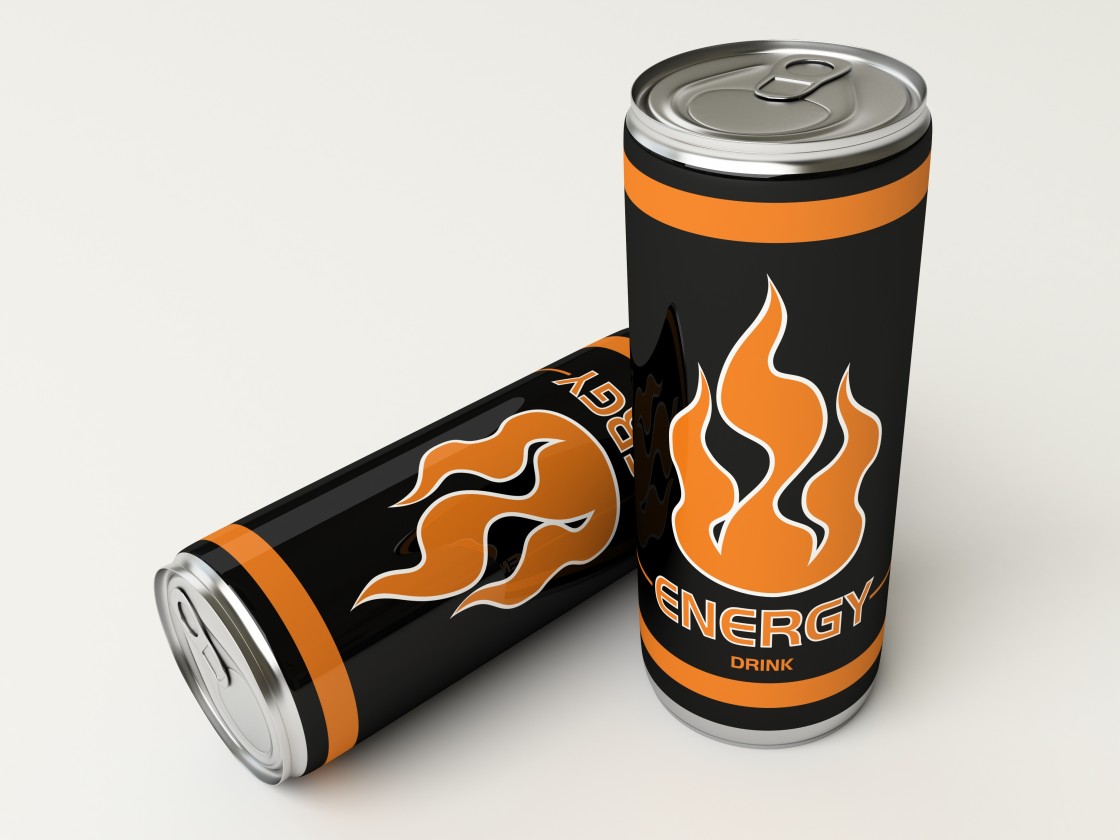What are caffeine and energy drinks?
Caffeine acts as a stimulant to the central nervous system. This psychoactive drug is found naturally in over 60 plant species. Coffee beans, tea leaves and cacao beans, used in manufacturing chocolate, are some of the most common natural sources of caffeine. In the U.S., 80% of the population uses caffeine on a daily basis. In lower doses, caffeine is generally considered harmless. In higher doses, the intake of caffeine can be dangerous.
Over-the-counter (OTC) caffeine brands include NoDoz, 5-Hour Energy, Pep-Back, Quick Pep, Stay Awake and Vivarin. Red Bull, Monster, Rockstar, Amp, NOS and Full Throttle are all energy drinks containing caffeine. Some OTC migraine headache medicines, antihistamines, diet pills and pain relievers also have caffeine in them.
How are caffeine and energy drinks misused?
Most often caffeine and energy drinks are misused when users mix them with other medicines for a euphoric effect or fail to consume in moderation.
Adults are cautioned against consuming more than 400 mg of caffeine a day. Timed-release forms of caffeine should not exceed 200-250 mg in a single day. Adolescents should consume no more than 100 mg of caffeine a day. For those under 12 years of age, caffeine is not recommended. People taking prescription/OTC medications or suffering from certain allergies, sensitivities or health conditions may want to avoid caffeine altogether.
One prevalent, dangerous practice is mixing energy drinks with alcohol. The stimulant effects of energy drinks and depressive effects of alcohol battle with each other. Stimulants make it very difficult to determine levels of intoxication and result in a condition many have coined “wide-awake drunk.” Studies have found those in this condition to be twice as likely to drive or ride drunk, be injured or become a victim of sexual assault. For teens, with a lack of experience and inclination to binge drink, this can be an especially dangerous combination.
How do caffeine and energy drinks affect a person?
Within 45 minutes, the effects of caffeine consumption become apparent. Caffeine blocks the adenosine molecules from binding to receptors in the brain. Since adenosine alerts your brain when the body needs rest, your body is left feeling wide awake. This increased brain activity also triggers the release of adrenaline in your body. These effects usually continue for three to six hours.
Moderate caffeine consumption increases alertness and decreases drowsiness. It can improve concentration and coordination.
What are the health effects/risks of using caffeine and energy drinks?
Overconsumption can lead to insomnia, dehydration, rapid heartbeat, acid reflux, muscle tremors, upset stomach, agitation, restlessness, nervousness, sweating, diarrhea and convulsions. In a few cases, primarily because of underlying heart conditions, caffeine overconsumption has lead to death.
Frequent, heavy caffeine use can lead to dependence. Withdrawal symptoms can include intense headaches, fatigue, constipation, depression, irritability, muscle cramps, anxiety, restlessness and vomiting.


